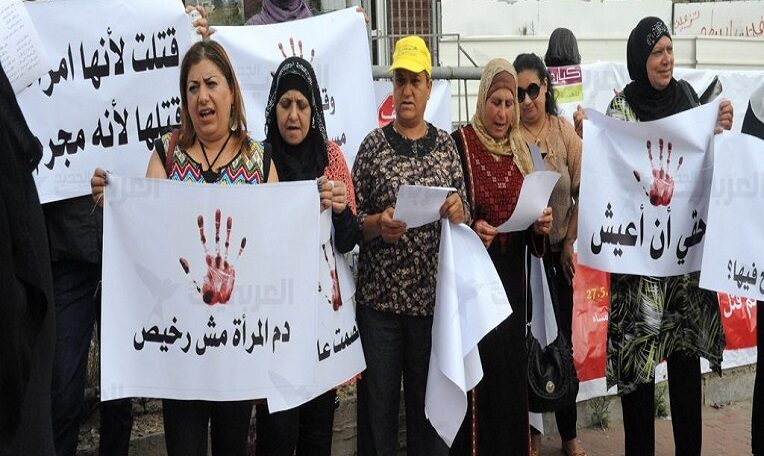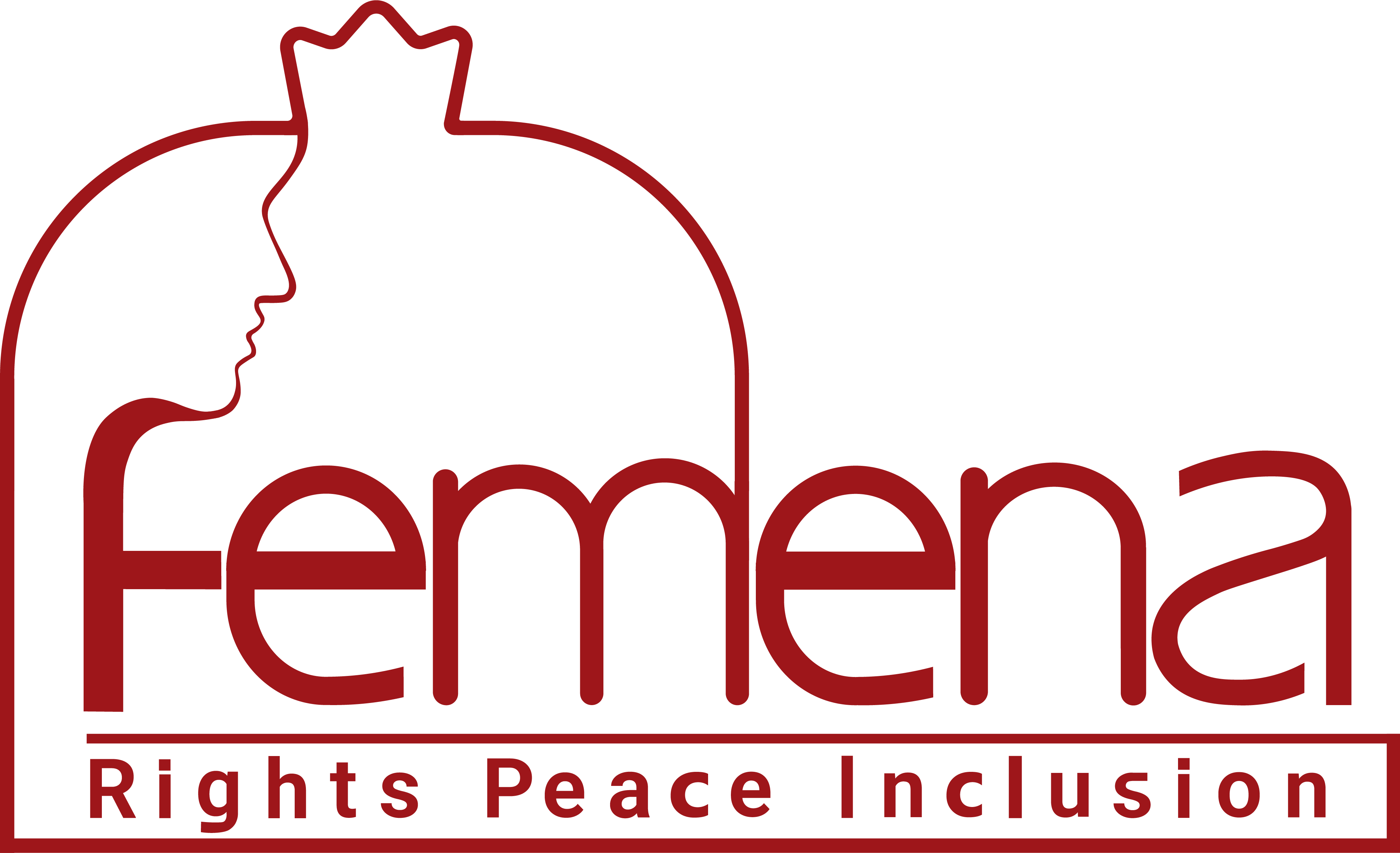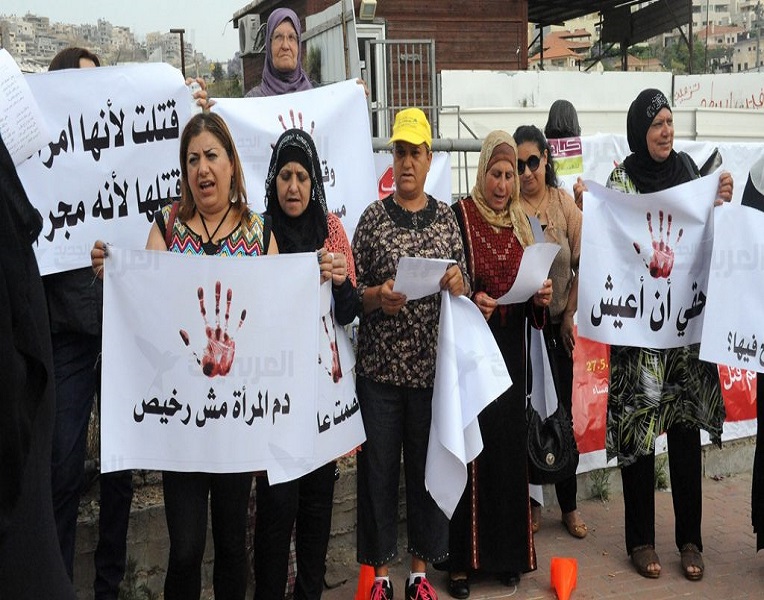
A wave of anger was triggered across the MENA region following the murders of three young women in different countries, including, Nayera Ashraf in Egypt, Iman Rashid in Jordan and Lubna Mansour in the UAE. Following the brutal murders of these women, feminists and women’s movements across the MENA region are demanding renewed commitment on the part of governments and other decisionmakers to end gender-based violence and femicide. Feminists are especially calling on state structures to end impunity for crimes against women including homicide.
Nayera Ashraf was brutally and repeatedly beaten and stabbed to death in broad daylight on June 20, 2022 in front of the University of Al Mansoura in Mansoura City, Egypt. by a fellow student as horrified onlookers witnessed the attack. According to reports, Nayera was murdered after rejecting a marriage proposal by her attacker. Iman Rashid, 21, was fatally shot at her university in Amman, Jordan on June 23, 2022 just days after Nayera was killed. These two shocking murders were followed by the murder of Lubna Mansour, a Jordanian woman who was killed by her husband in Sharjah, UAE on June 25, 2022. According to reports, the murder took place following an argument between Lubna and her husband.
Women continue to face discrimination, sexual harassment, and various forms of violence across the region due to lack of legislation that criminalizes violence, limited or non-existent legal and social protections, the inability or unwillingness on the part of governments, police and courts to implement existing, albeit limited, protections and unwillingness on the part of courts and police to hold perpetrators accountable for their crimes against women.
Nayera, Iman and Lubna are not alone. Violence against women and femicide is a long standing problem in all countries in the region. Women’s movements have worked for decades to raise awareness about gender based violence and discrimination and have struggled to end violence against women through raising awareness, law reform and adoption of protective measures. Still, governments have consistently fallen short in protecting the lives of women and ensuring that they enjoy equal rights.
It is critical that governments understand that women’s organizations are key partners in ending the deadly pandemic of violence against women and girls in our region. Governments must protect and facilitate the work of women human rights defenders and women’s organizations. Unfortunately in many countries in the region we are witness to growing authoritarianism, extremism and attacks against civil society, especially women’s movements and women human rights defenders.
Femena calls on the governments in the MENA region to facilitate the work of women’s organizations and movements. Governments must work in partnership with women’s movements and WHRDs to end gender based violence and discrimination against women.
Femena urges governments and authorities to heed the long standing calls of women’s groups to adopt and enforce comprehensive laws against gender-based violence and to hold perpetrators fully accountable for their violent crimes against women and girls.
Working with women’s groups, governments must take immediate steps to end all forms of discrimination against women and ensure that women and girls have access to appropriate services and justice mechanisms when their rights are violated or when they face violence.
We call on governments in the region, the United Nations and other regional and international bodies to work collaboratively together to ensure women’s equal rights and to end gender based violence. Enhanced regional and international cooperation and leadership are key to ending impunity and ensuring that women’s rights are protected and upheld.


